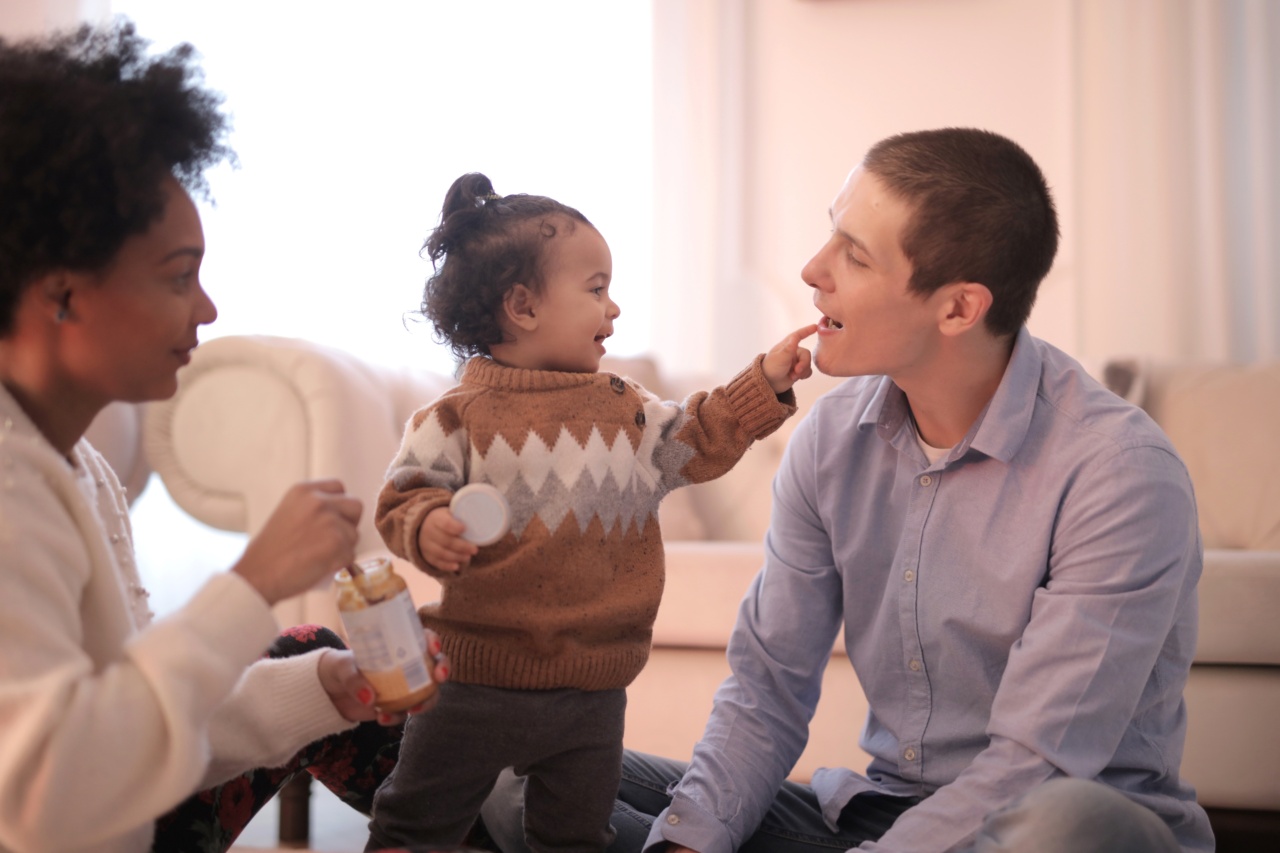In the past few decades, the landscape of human sexuality has seen a significant shift. With the rise of social media, dating apps, and changing societal norms, people’s attitudes towards casual sex have evolved.
While casual sex was once seen as a common and even expected part of many adults’ lives, recent studies suggest that people are engaging in less casual sex than before. This article explores three key reasons behind this decline in casual sexual encounters.
1. Online Dating and Hookup Culture
The advent of online dating platforms and hookup apps has radically changed the way people approach casual sex. With the ease of finding potential partners online, individuals are now more selective about their choices.
They can browse through profiles, specify their preferences, and establish initial connections before engaging in any physical contact. This newfound convenience, combined with the ability to filter out incompatible matches, has led to a more deliberate and cautious approach towards casual sex.
2. Fear of STIs and Sexual Health Awareness
Increased awareness about sexually transmitted infections (STIs) and sexual health has played a significant role in the decline of casual sex.
With campaigns promoting safe sex practices and readily available information about the risks associated with unprotected encounters, individuals are more conscious about protecting their sexual well-being. The fear of contracting an STI has made people think twice before engaging in casual sexual encounters, leading to a decrease in the overall prevalence of such activities.
3. Changing Societal Attitudes and Gender Equality
The evolution of societal norms and shifting attitudes towards gender equality has also impacted the frequency of casual sex. Traditional gender roles, where men were often expected to pursue casual sexual encounters, are being challenged.
The focus on consent, equality, and the dismantling of double standards has created an environment where both men and women feel empowered to make choices that align with their desires and values. This shift has resulted in a more balanced approach to sexual relationships and a decline in casual sexual encounters.
4. Increased Emphasis on Emotional Connection
Another reason why people are having less casual sex is the increasing emphasis on emotional connection and meaningful relationships.
In today’s fast-paced world, individuals are seeking more meaningful and fulfilling connections with their partners. Many are prioritizing emotional intimacy over physical pleasure alone. The desire for a deeper emotional bond has led to a decline in casual sexual encounters as individuals seek more substantial relationships.
5. Relationship Expectations and Long-Term Goals
People’s attitudes towards relationships and long-term goals have also influenced the decline in casual sex.
With an increasing emphasis on personal and professional growth, individuals are often focused on building careers, pursuing educational goals, or simply prioritizing personal well-being. This shift in priorities has led to a reduced desire for casual sexual encounters, as individuals prioritize other aspects of their lives over short-term physical gratification.
6. Relationship Norms and Monogamy
Monogamy and committed relationships have become more prevalent in recent years. Many individuals seek exclusivity and emotional connection within their relationships rather than engaging in casual encounters.
The desire for a stable and committed partnership often outweighs the appeal of casual sex. This shift towards monogamy has naturally resulted in a decline in the frequency of casual sexual encounters.
7. Cultural and Religious Factors
Various cultural and religious factors can also play a role in people having less casual sex. In some cultures and religions, casual sex is frowned upon or even considered morally unacceptable.
Strong religious beliefs or cultural values often discourage individuals from engaging in casual sexual encounters, contributing to the overall decline.
8. Increased Focus on Consent and Communication
The ongoing conversations around consent and communication have also impacted the frequency of casual sex. Consent culture emphasizes the importance of open and clear communication between partners.
This heightened focus on consent has made people more cautious about engaging in casual encounters, as the need for explicit and ongoing consent may be perceived as more challenging to establish in these situations.
9. Psychological and Emotional Well-being
Understanding the potential psychological and emotional ramifications of casual sex has led individuals to reconsider their participation.
Concerns about attachment, potential heartbreak, or negative emotional outcomes have altered people’s attitudes towards casual sexual encounters. The desire to protect one’s psychological well-being has contributed to the declining rates of casual sex.
10. Personal Preferences and Individual Choices
Lastly, personal preferences and individual choices play a significant role in the decline of casual sex. Some individuals simply have a lower desire for casual encounters or may not find them fulfilling.
Every person’s sexual preferences, desires, and needs differ, which inevitably influences the frequency of casual sex in society.
Conclusion
The decline in casual sex can be attributed to a combination of factors, ranging from the impact of online dating and hookup culture to changing societal attitudes and personal preferences.
The rise of awareness regarding sexual health, the emphasis on emotional connection, and evolving relationship norms have all played a role in the decreased prevalence of casual sexual encounters. It is important to recognize that these trends do not imply a universally negative perspective on casual sex but instead reflect a shift in individual choices and priorities.
As people become more empowered to make decisions that align with their personal values and desires, the landscape of casual sex continues to evolve.































